"Tea is not the only good thing about Sri Lanka": Khatna and the female circumcision controvery.7/15/2019 By Denise Noe for SiA Magazine
"I wouldn't ride with him for all the tea in China", high school student Kathy (Sally Hughes) says of a school chum notorious for his speedy, reckless driving in the 1950 driver's education film, Last Date.
"Tea doesn't come from China, silly," Jeanne (Joan Taylor) replies with an air of smug knowledgeability. "It comes from Ceylon or somewhere."
A lot more controversial than the tea in Sri Lanka is the practice of khatna
Actually, Kathy was not silly but Jeanne was knowledgeable: Tea comes from China and several other Asian countries including the island nation once known as Ceylon and today called Sri Lanka. The tea grown in Sri Lanka is called Ceylon Tea and/or Sri Lankan Tea.
A lot more controversial than the tea in Sir Lanka is the practice of khatna, or a mild form of female circumcision. Khatna involves either a nick to the clitoral foreskin or the entire removal of the hood that covers the external glans. In July 2018, the Government's Health Ministry issued a circular denouncing female circumcision and forbidding doctors from performing it. Sri Lankans who perform khatna include the Dawoodi Bohra Islamic sect, the Moors and Malay Muslims.
Historically, Sri Lanka was colonized by the Portuguese in the 16th Century, the Dutch in much of the 17th Century, and the British 1796-1948. It was Ceylon as a British colony and for years after independence but became Sri Lanka in 1972. Its capital is Colombo.
Sri Lanka has long been a popular tourist destination but that was interrupted for decades by political turmoil. Conflict between the Tamil minority and Sinhalese majority erupted to civil war in 1983 and lasted until 2009. The Travel Insider relates that the ensuing peace led Sri Lanka to proudly claim it is the only country in the world to have confronted and conquered domestic terrorism.
Today, tourists flock to Sri Lanka. The Government is a Republic headed by a President and has transitioned to a market-driven economy, but is still involved in economic planning.
Khatna and Female Circumcision Controversy
Although khatna is one of the mildest forms of female circumcision, some Sri Lankans worked hard for the ban and applauded it. Activist Shreen Abdul Saroor asserts, Khatna makes it difficult to deliver, makes sex painful. It is utter patriarchy. It is a barbaric practice about degrading women's sexuality. Attorney Ermiza Tegal derides khatna as an artifact of its time which has become meshed in certain religious subcultures.
Tegal applauds the ban, saying, "The State must hold firm in protecting children from this harmful practice. Even if some believe it is a religious requirement, it does not entitle them to make an irreversible cut on an innocent child's body when a child cannot give informed consent."
In December 2017, Tegal co-wrote with Zainab Ibrahim an essay arguing against khatna. Tegal and Ibrahim pointed out that just a 'nick' is still Female Genital Mutilation or FGM Type I as defined by the World Health Organization (WHO). They asserted that there is no established medical benefit even of hygiene to any form of female circumcision.
"Just a 'nick' is still FGM"
Tegal and Ibrahim contend that khatna involves interfering with the genitalia of a child who is unable to give informed consent and that even if the clitoris is only minimally or accidentally injured, scar tissue develops and it can affect the ability of the woman to experience pleasure normally. They concluded that banning FGM could help women resist harm to their daughters and protect the reproductive and sexual health of the future generations of women in Sri Lanka.
Some Muslim groups objected to the Heath Ministry's action. Asiff Hussein, senior official of Sri Lanka's Centre for Islamic Studies, asserted, "the circular not only infringes on our religious rights but also threatens to drive the procedure underground."
In September 2018, representatives of Sri Lanka Islamic organizations appeared before Sri Lanka's Parliamentary Committee on Women and Gender to ask the Health Ministry to withdraw the circular. The organizations included the All Ceylon Jamiyathul Ulama, All Ceylon YMMA Conference, Centre for Islamic Studies and the United Religious Initiative.
They emphasized the following remarks in their presentation: "We wish to categorically state that the practice of female circumcision is an obligatory Islamic duty, that it confers numerous health benefits and is not Female Genital Mutilation. As such we condemn all moves to ban the practice of female circumcision by legislation and/or by government bodies and urge that no moves be taken in this direction, which we will regard as an unwarranted intrusion on and infringement of our religious duties."
The organizations asked that the Ministry of Health withdraw the circular prohibiting practitioners from performing the procedure. They compared khatna with a female genital cosmetic surgery popular in the West by observing that clitoral prepuce removal is called hoodectomy. Further, khatna is less invasive and altering than other excessive forms of legalized female genital cosmetic surgeries that resemble extreme practices such as infibulation prevalent in the Horn of Africa.
According to the Daily Mirror, Noor Hazeema Haris, acting as joint spokesperson for the Islamic organizations, pointed out that female circumcision as performed in Sri Lanka is a very minor procedure similar to male circumcision where the prepuce of the clitoris is removed and that it is "the same as hoodectomy, which is a legal cosmetic procedure chosen by women to improve genital hygiene and enhance their sex lives."
Haris asserted that, "Those who say this is male oppression against women are mistaken. It is we who do it just like our mothers and grandmothers and countless generations of our women have done. We continue to practice it because we know it benefits us." The group also argued that forbidding doctors from performing khatna would lead more girls and women to have it done by traditional circumcisers, called Ostha Mamis, and that having physicians do it would be safer.
"Those who say this is male oppression against women are mistaken. It is we who do it just like our mothers and grandmothers and countless generations of our women have done. We continue to practice it because we know it benefits us."
The Sunday Times published an article co-written by A. H. Sheriffdeen, Professor Emeritus of Surgery at the Faculty of Medicine of the University of Colombo and Dr. Ruvaiz Haniffa, Head of the Family Medicine Unit at the Faculty of Medicine of the University of Colombo. Perhaps written to rebut the points made by Haris and others, their essay supports WHO's position that all procedures that involve partial or total removal of the external female genitalia or other forms of deliberate injury to the female genital organs for non-medical reasons constitutes Female Genital Mutilation (FGM).
They argue that the procedures should not be medicalized but stopped. They point out that it is not mentioned in the Koran even though a whole sura (chapter) is devoted to the Islamic life of the female and the Islamic scholars agree that hadiths (sayings of the Prophet Mohammed) supporting it are weak.
Sheriffdeen and Haniffa argue that rules should be different for male and female regarding circumcision. They aver that differences in male and female anatomy mean that what applies to one need not necessarily apply to the other. They continue that the penis serves as a passage for urine, sperm, and comes into direct mucosal contact with the vagina during intercourse. Mucosal to mucosal contact facilitates transmission of sexually transmittable diseases from female to male and vice versa. The male urethra is thus vulnerable to sexually transmitted diseases.
According to Sheriffdeen and Haniffa, male circumcision exposes the distal end of the penis, the glans penis, to outside air resulting in change of its outer covering from mucosa to stratified squamous epithelium. This leads to slight protection from HIV infection.
Sheriffdeen and Haniffa contend that since the clitoris is some distance from the site of sexual activity, it plays no role in transmitting STDs. Sheriffdeen and Haniffa write that this difference means female circumcision does not, even weakly, stem STD infections. They note that smegma, the sebaceous secretions that often accumulate under an uncircumcised male's foreskin, can irritate and inflame the penis, increasing a man's risk of penile cancer. They argue that the smegma that accumulates under a clitoral hood is much less than that accumulating under the labia, rendering any protective effect from removing the clitoral hood negligible.
Sheriffdeen and Haniffa point out further that male circumcision treats phimosis, a condition in which the foreskin cannot retract.
Although supporting circumcision only for males, they acknowledge that it is far from risk free as young boys, even infants [have suffered] horrendous injuries to the penis as a result of errors/misadventures during the act of circumcision. Sheriffdeen and Haniffa argue this is even more reason to avoid female circumcision since accidents happen with males although the penis is very much larger and easily accessible when compared to the clitoris and its hood which is hidden in the labial folds, especially in children.
Muslimahs for Circumcision
An online movement led by Sri Lankan Kubra Jawra along with other Muslim women activists, Muslimahs for Circumcision, continues to challenge the suggestion that there are no health benefits of female circumcision and contend that female circumcision is an Islamic requirement. In the memes below they emphasize, among other purported benefits, that hoodectomy prevents oral cancer by protecting women from transmitting the HPV virus to husbands during oral sex just as male circumcision helps prevent cervical cancer in women by reducing or eliminating HPV infection from the uncircumcised penis.
In this video, Muslimahs for Circumcision argue that female circumcision is in fact obligatory in Islam.
Questions about circumcision, especially female circumcision, are debated in Sri Lanka as elsewhere. Even as Sri Lankans disagree on many issues, they and everyone else will continue to wholeheartedly enjoy that fine Sri Lankan tea..
And to enjoy the full 1950 classic of Last Date...
0 Comments
|
Archives
March 2024
Categories
All
|
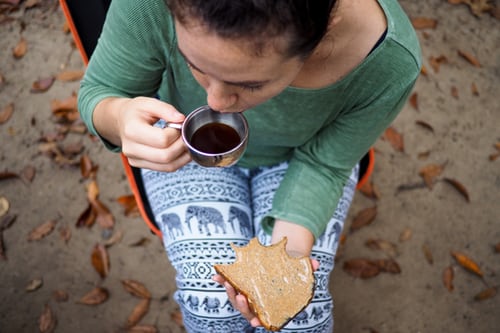

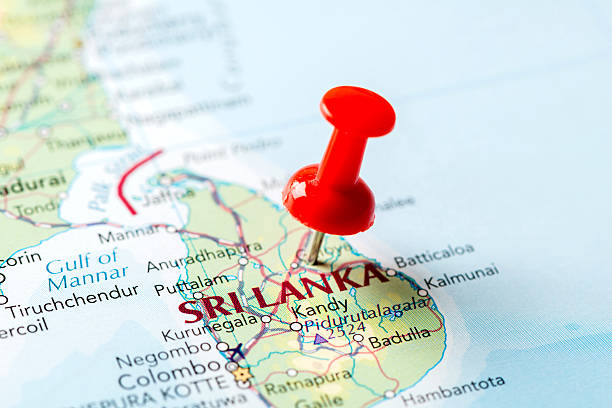

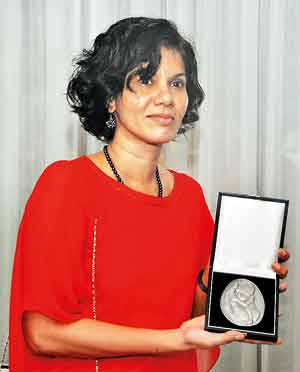
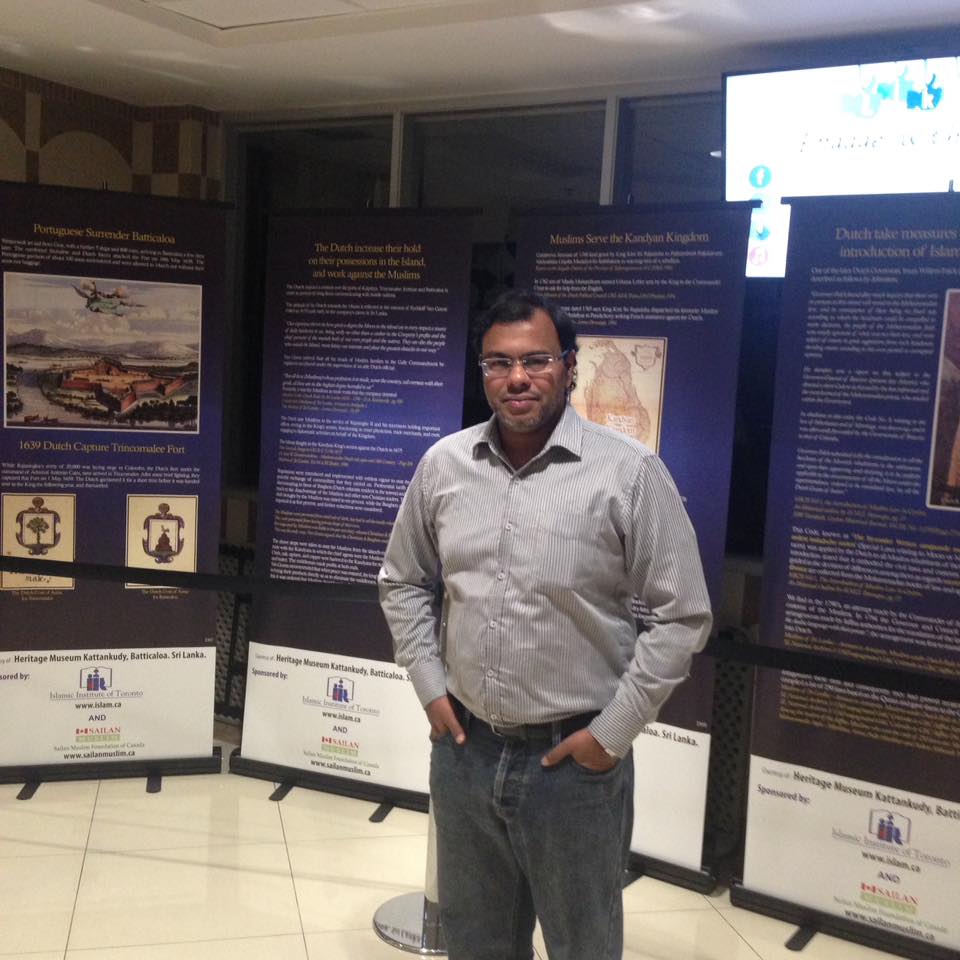


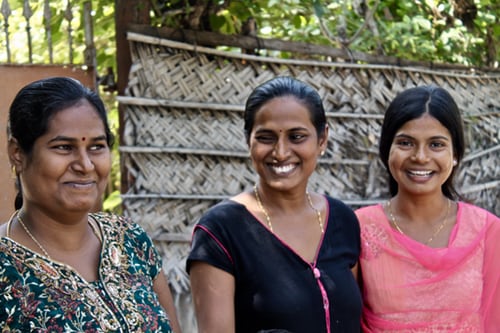

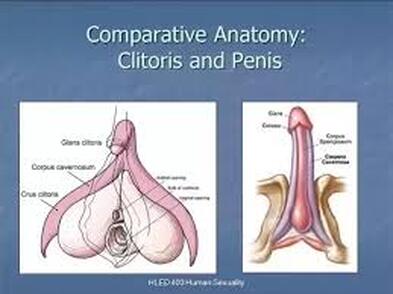


 RSS Feed
RSS Feed